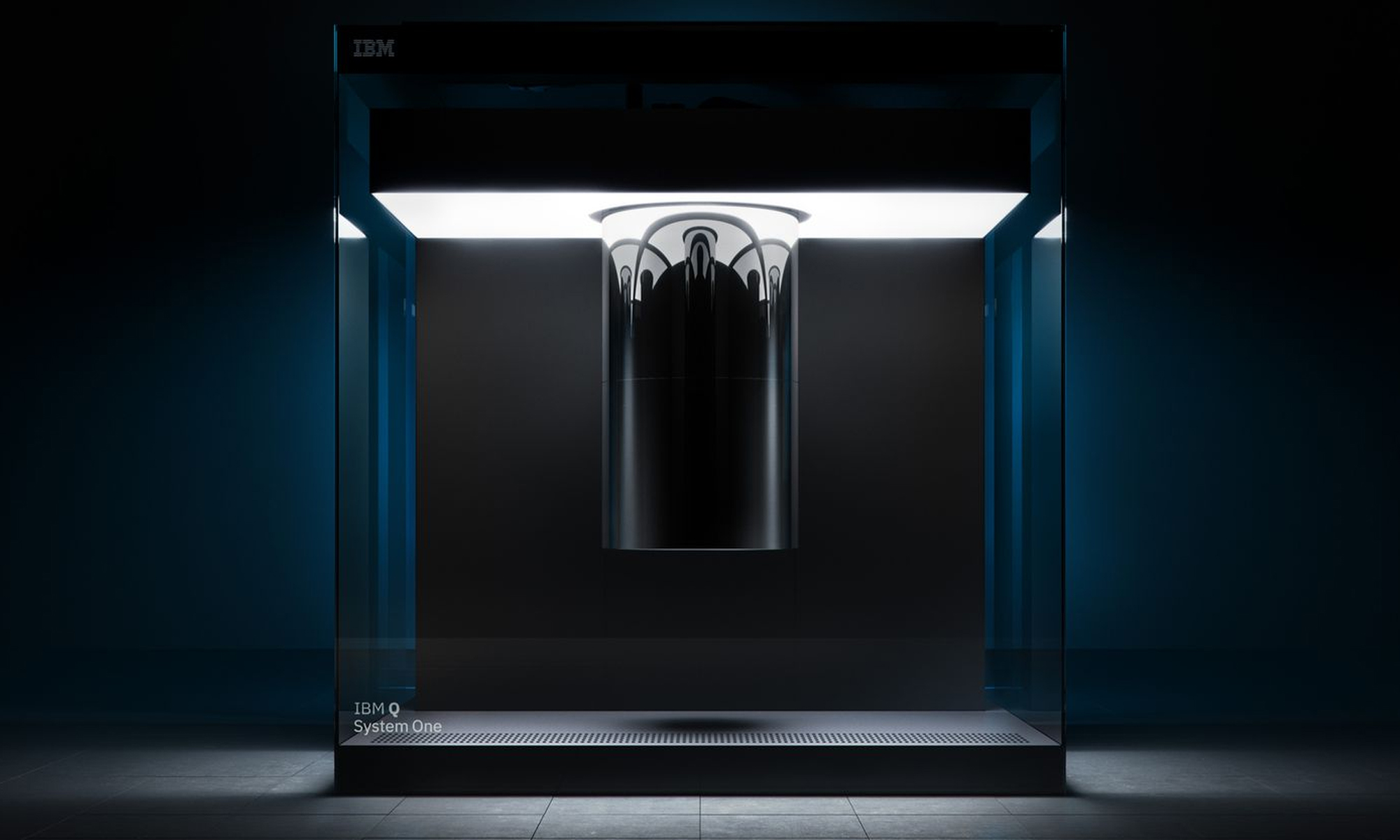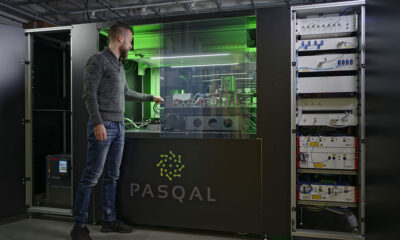News
Researchers In Abu Dhabi To Receive The Middle East’s First Quantum Computer
A quantum computer doesn’t rely on traditional bits. Instead, it encodes information using qubits, which can have the value of “0” and “1” at the same time.

If there’s one emerging technology capable of single-handedly ushering in a new era of information technology, it’s quantum computing. Soon, researchers working at the Technology Innovation Institute (TII) in Abu Dhabi will get their hands on the Middle East’s first quantum computer, allowing them to solve incredibly complex problems by harnessing the phenomena of quantum mechanics.
“This will put the UAE on the map to be a known entity for research on such a topic. And that’s a big achievement for the entire Arab world,” said Boulos Alfakes, a senior researcher at the TII. “There will be a dramatic difference between the countries that own the technology and the ones that depend on the technology, believes Professor Jose Ignacio Latorre, chief of research at the TII’s Quantum Research Center.
One of the biggest challenges associated with quantum computing is cooling. The small quantum microchip at the heart of the computer is designed to operate at very low temperatures (near absolute zero). If the microchip gets too hot, it becomes unstable, rendering the whole computer useless.
To address this issue, researchers ordered two dilution refrigerators from Finland. The refrigerators are complex and expensive, but less sophisticated cooling methods are not up to the task.
Also Read: Saudi Researchers Use Quantum Computing To Design More Efficient Airplanes
Just like all quantum computers, the one that will soon be in the hands of researchers at the TII doesn’t rely on traditional bits (combinations of zeros and ones). Instead, it encodes information using qubits (or quantum bits), which can have the value of “0” and “1” at the same time.
Thanks to this and other unusual properties, quantum computers can solve certain difficult problems much faster than traditional computers. For example, some cybersecurity experts fear that quantum computing could break traditional cryptography in the near future, potentially forcing millions of organizations around the world to implement quantum-resistant cryptographic algorithms.
News
Mamo Completes $3.4M Funding Round To Enhance Fintech Services
The startup will use the influx of cash to expand into Saudi Arabia and across the wider GCC while improving its product offering.

UAE-based fintech Mamo has announced the completion of a $3.4 million funding round that will help the startup extend its market presence and improve its product offering. Investors included 4DX Ventures, the Dubai Future District Fund and Cyfr Capital.
Mamo’s platform offers “payment collection, corporate cards and expense management” to help small and medium-sized businesses consolidate and streamline their operations. With the latest influx of capital, Mamo will further develop its comprehensive suite of services and begin testing its product lines in Saudi Arabia, further extending its footprint across the GCC.
Imad Gharazeddine, co-founder and CEO of Mamo, stated: “We’ve been in the market for a while now and are incredibly proud of what our team has achieved. The holistic and expansive nature of our product offering has helped us continue to grow sustainably. This additional funding will allow us to reach our medium-term goals even faster. The support from new and existing investors is a testament to our strong expertise and the ability to deliver on our customer promise”.
Daniel Marlo, General Partner of lead investor 4DX Ventures, added: “We have immense trust in Imad’s vision, leadership and Mamo’s innovative approach to provide a user-friendly and comprehensive financial solution for SMEs that makes financial management more accessible and efficient. We are proud to partner with them and support their mission”.
Also Read: A Guide To Digital Payment Methods In The Middle East
Amer Fatayer, Managing Director of Dubai Future District Fund’s investment team, also commented: “Mamo’s localized product lines serve as an infrastructure for SME payments and spend management in UAE, a segment that is underserved by the country’s current banking infrastructure. The team has taken a product-first approach to consolidating SMEs’ financial journeys and building a fintech solution deeply embedded in a business’s core operations”.
To date, Mamo has raised around $13 million in investment funding and now boasts a team of 30 people. The company’s intuitive financial services platform has allowed over 1,000 businesses to consolidate their financial operations and significantly reduce payment fees.
-

 News4 weeks ago
News4 weeks agoAmazon Prime Day 2024: Get Ready For 6 Days Of Amazing Deals
-

 News4 weeks ago
News4 weeks agoSamsung Unpacked 2024: What To Expect From The July 10 Event
-

 News4 weeks ago
News4 weeks agoCoursera Report Shows Surge In UAE Interest In AI Upskilling
-

 News4 weeks ago
News4 weeks agoMeet Dubai’s Groundbreaking Smart Robot Delivery Assistant













